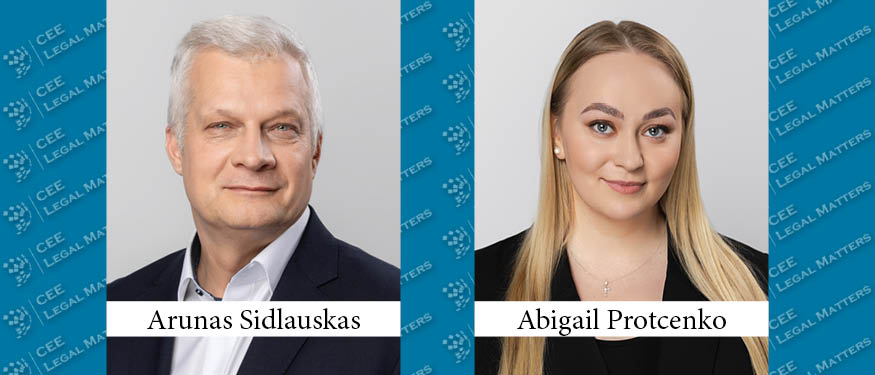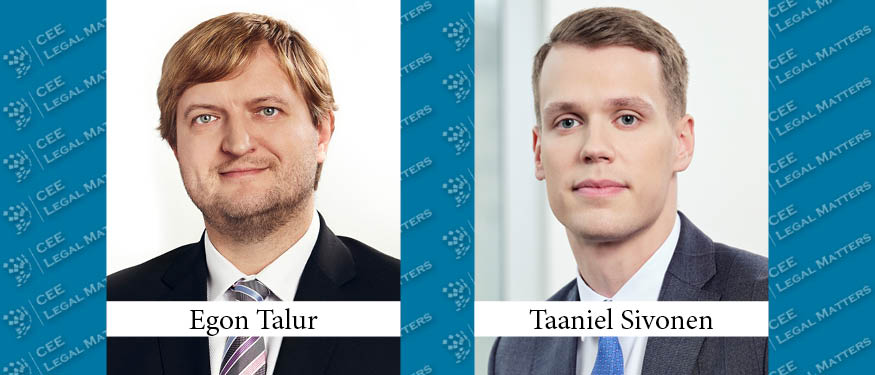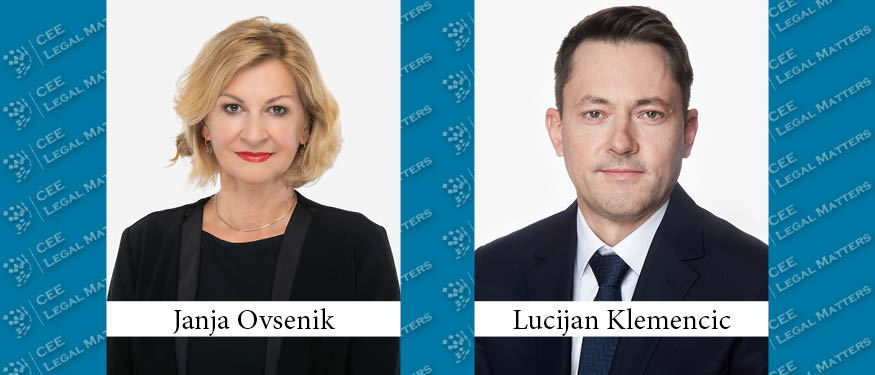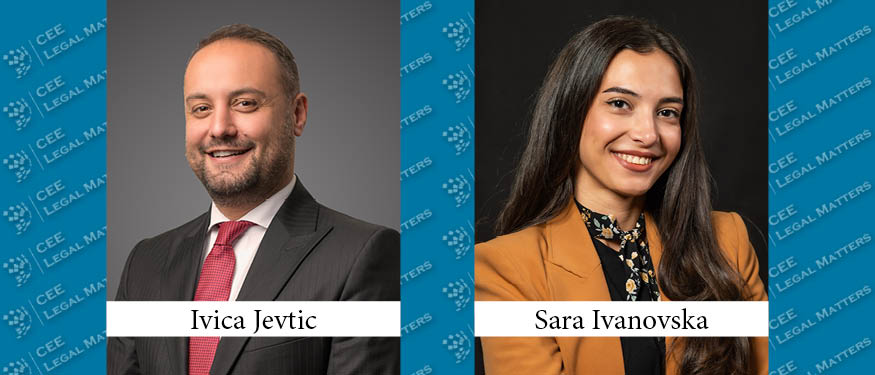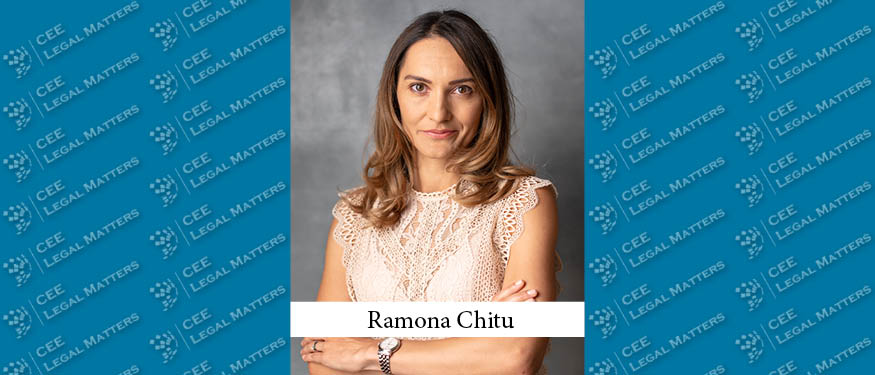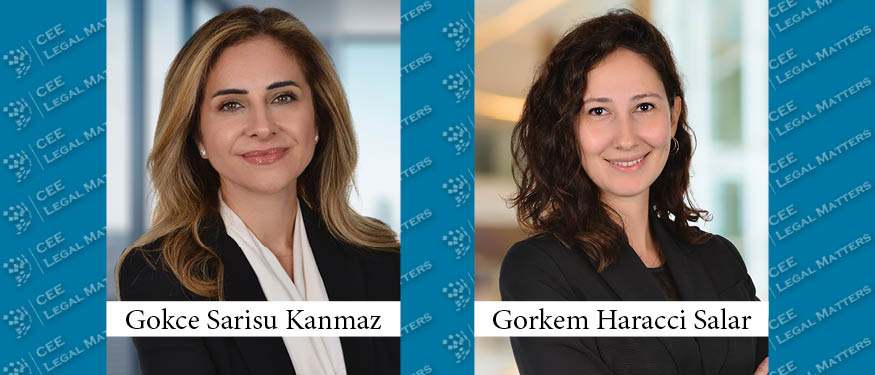In 2024, Croatia introduced another round of changes to its tax rules, with further novelties announced for 2025 aimed at fair taxation of property and bringing order to the residential rent market.
Lithuania: Tax Increases to Fund National Defense
The ongoing war in Ukraine has sparked governments to take defense seriously. The Lithuanian government is no exception here – as of 2025, Lithuania is set to increase defense spending.
Estonia: Navigating the Taxation of Debt Pushdown Structures
Debt pushdown structures have become a prevalent strategy in Estonia for company acquisitions. However, up until now, the absence of clear regulatory guidance has left companies and their legal advisors navigating uncertain terrain, particularly concerning the tax implications. The (at the time of writing) soon-to-be-published guidance on the taxation of debt pushdowns is poised to provide much-needed clarity.
Slovenia: Navigating the Complexities of Share Buybacks – A Tax Perspective
The Slovenian Financial Administration has recently provided clarification on the tax treatment of share buybacks conducted through intermediaries. This article offers valuable insights for companies and tax professionals navigating the complexities of corporate restructuring and employee incentive programs.
North Macedonia: How the Reduction of the Corporate Tax Rate from 10% to 5% Will Affect Foreign Investments in North Macedonia?
In recent years, many countries have revised their tax legislation to improve and stabilize their national economies. The Republic of North Macedonia is among the countries with one of the lowest corporate tax rates in Europe, set at 10%, making it an attractive destination for investment. However, as a nation still undergoing transition and in need of new investments, the new Macedonian government believes that further reducing the tax rate will create better opportunities to attract new investments, which is crucial for improving and stabilizing the economic situation.
Romania: A New Tax Regime for Large Companies – A Big Challenge for Investors
Romania remains an attractive jurisdiction for many foreign investors across various industries, but it faces challenges related to fiscal administration and predictability. A notable example is the introduction of a new taxation regime for large companies, which became effective on January 1, 2024. Naturally, this initiative triggered several reactions from the business community. Initially, efforts were made to prevent the enactment of such legislation or to propose amendments to mitigate the envisaged fiscal impact. Subsequently, in response to the law’s implementation, companies have begun analyzing different restructuring scenarios to establish optimal business structures that would allow them to continue operating while neutralizing the fiscal burden.
Turkiye: Recent Tax Developments – Moving Toward a Stringent Tax Regime for Transfer of Immovables
Turkiye has witnessed significant tax developments in recent months, including amendments in real estate-related taxation. These changes primarily arise from the need to address budgetary concerns in the current economic climate, which has led to the repeal of certain frequently utilized tax exemption provisions. This article provides an overview of these developments and their implications for taxpayers or investors whose business structures include real estate in Turkiye.


